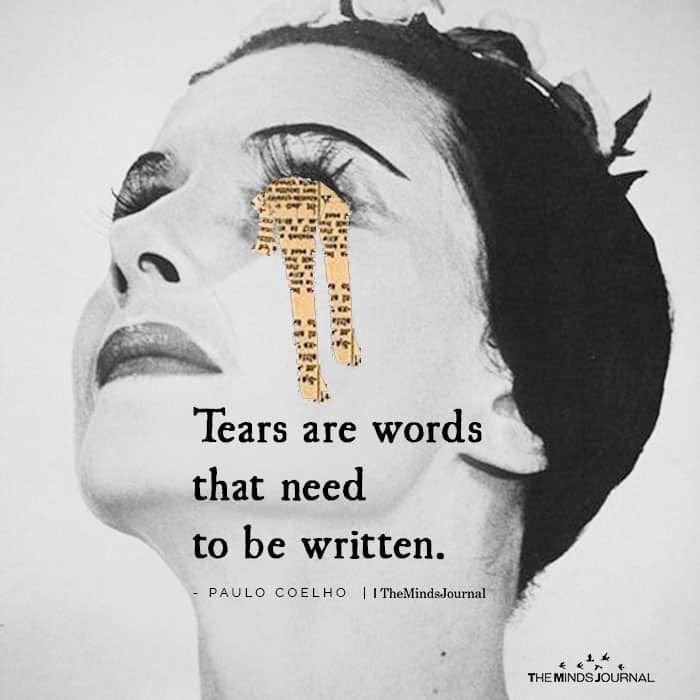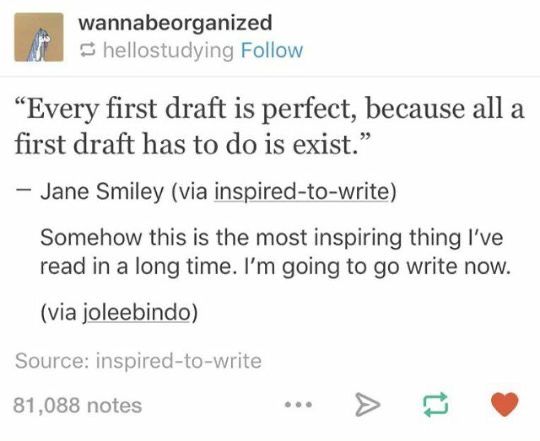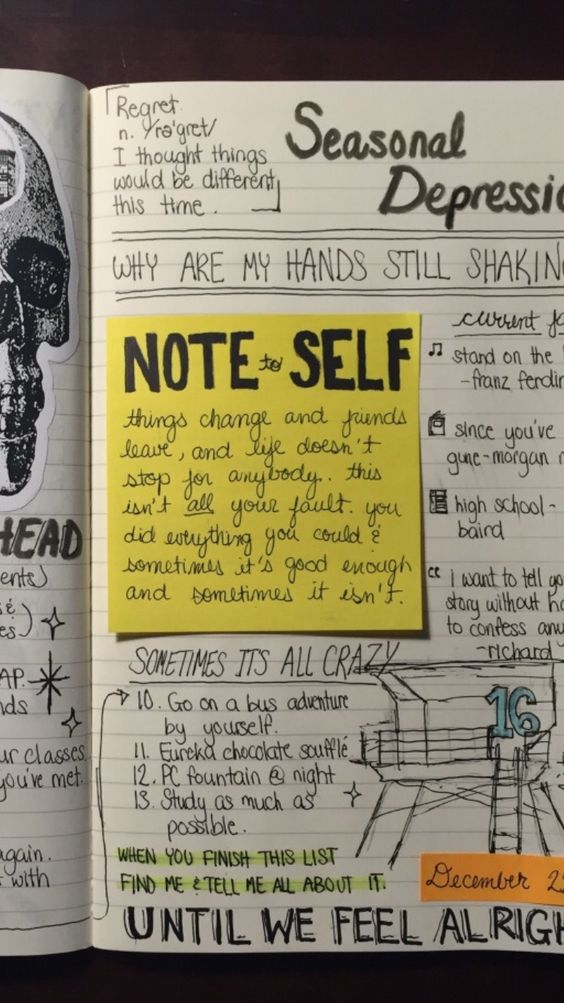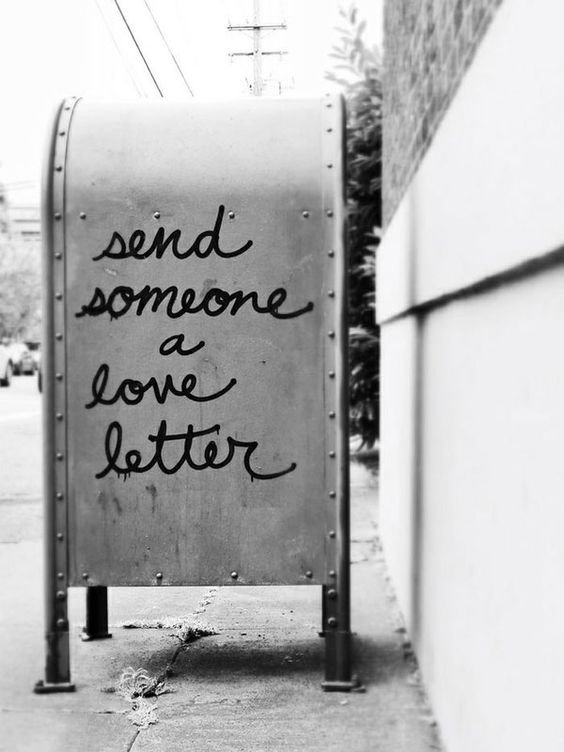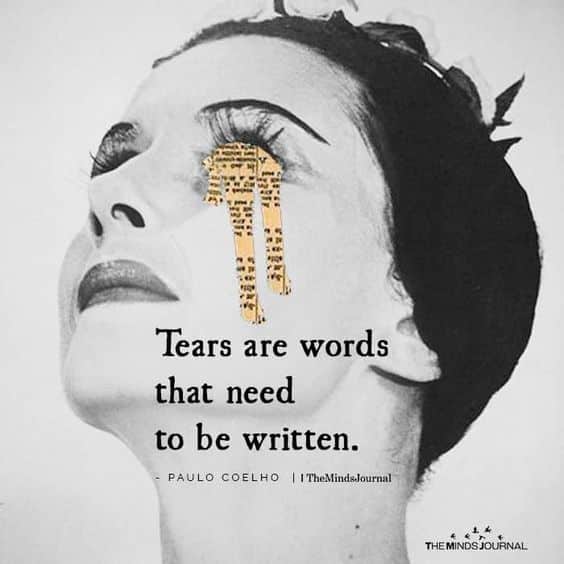“Some days I show up and do the best writing of my life. Other days, many days, I show up and do writing that is underwhelmingly average (and reeking of a few typos). The lesson I hope you walk away with in watching me work is not that I am flawless, but that a deeply flawed individual can achieve something that transcends his lackluster abilities by simply showing up, again and again, over the course of a lifetime.”
Cole Schafer
Five-Year Memory Book
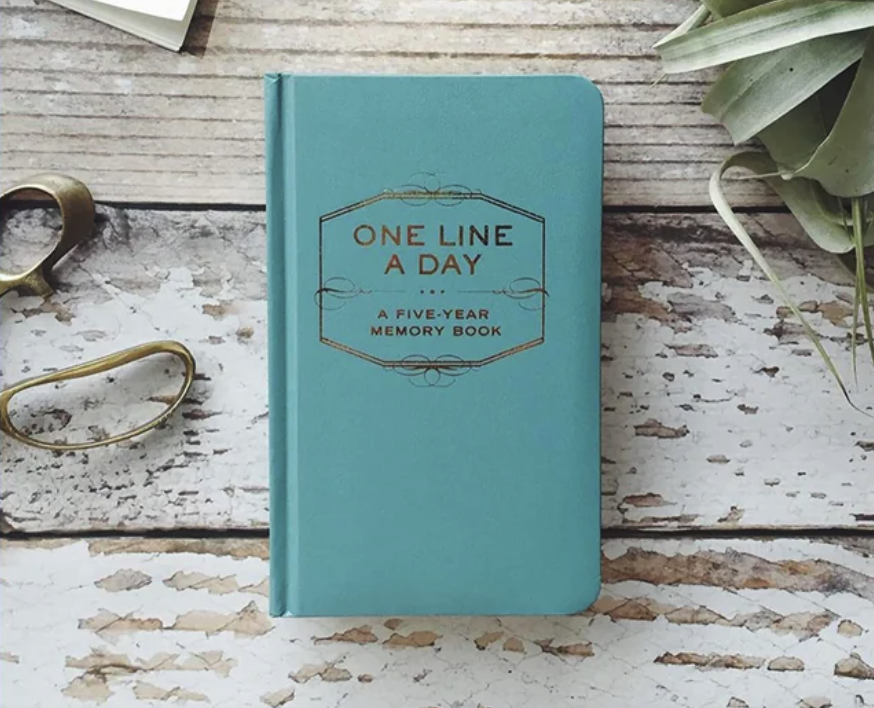
Why We ♥ It: The simple commitment of just One Line a Day is manageable for everyone. Plus, each page includes an entry for five successive years, allowing you to revisit previous thoughts and memories on specific days of the year. Uniquely rewarding, simple to complete, and presented in an inviting and modern package, this tactile journal will become a treasure trove of memories to cherish forever.
“I share with painters the desire
Nikki Giovanni, Cotton Candy on a Rainy Day
To put a three-dimensional picture
On a One-dimensional surface.”
“The truth was that practicing writing meant practicing sitting down, sitting still, and my body did not ever want to be still. When it had to be still, all it wanted to do was imagine dunking with two hands or kissing a girl who loved me. Sitting still, just as much as any other part of writing, took practice. Most days, my body did not want to practice, but I convinced it that sitting still and writing were a path to memory.”
Kiese Laymon, Heavy (Page 86)
“For the first time in my life, I realized telling the truth was way different from finding the truth, and finding the truth had everything to do with revisiting and rearranging words. Revisiting and rearranging words didn’t only require vocabulary; it required will, and maybe courage. Revised word patterns were revised thought patterns. Revised thought patterns shaped memory. I knew, looking at all those words, that memories were there. I just had to rearrange, add, subtract, sit, and sift until I found a way to free the memory.”
Kiese Laymon, Heavy (Page 86)
“A writer — and, I believe, generally all persons — must think that whatever happens to him or her is a resource. All things have been given to us for a purpose, and an artist must feel this more intensely. All that happens to us, including our humiliations, our misfortunes, our embarrassments, all is given to us as raw material, as clay, so that we may shape our art.”
Jorge Luis Borges
“For the last ten years now I have kept a journal, using a counterintuitive yet effective method. It is simply this: I write less than I feel like writing. Typically, When people start to keep a journal they write pages the first day. Then by the second day the prospect of writing so much is daunting, and they procrastinate or abandon the exercise. So apply the principle of ‘less but better’ to your journal. Restrain yourself from writing more until daily journaling has become a habit.”
Greg McKeown, Essentialism (Page 78)
“My belief of book writing is much the same as my belief as to shoemaking. The man who will work the hardest at it, and will work with the most honest purpose, will work the best. All trades are now uphill work, & require a man to suffer much disappointment, and this trade more almost than any other. I was at it for years & wrote ten volumes before I made a shilling –, I say all this, which is very much in the guise of a sermon, because I must endeavor to make you understand that a man or woman must learn the tricks of his trade before he [or she] can make money by writing.”
Anthony Trollope
“Writing experiments from around the world, with grade school students, nursing home residents, medical students, maximum-security prisoners, arthritis sufferers, new mothers, and rape victims, consistently show that writing about upsetting events improves physical and mental health.”
Bessel van der Kolk, The Body Keeps The Score (Page 243) | ★ Featured on this book list.
“As functioning members of society, we’re supposed to be ‘cool’ in our day-to-day interactions and subordinate our feelings to the task at hand. When we talk with someone with whom we don’t feel completely safe, our social editor jumps in on full alert and our guard is up. Writing is different. If you ask your editor to leave you alone for a while, things will come out that you had no idea were there. You are free to go into a sort of a trance state in which your pen (or keyboard) seems to channel whatever bubbles up from inside. You can connect those self-observing and narrative parts of your brain without worrying about the reception you’ll get.”
Bessel van der Kolk, The Body Keeps The Score (Page 240) | ★ Featured on this book list.
